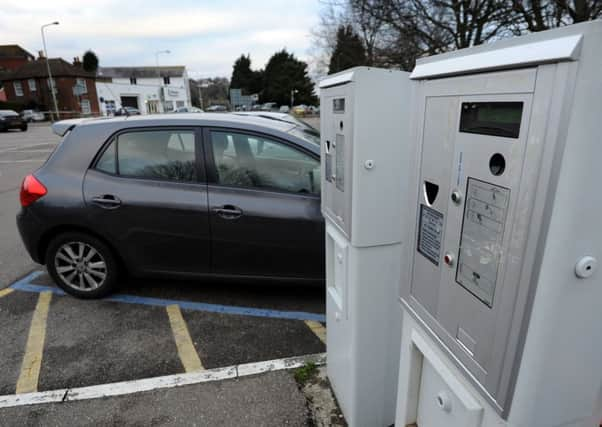Towns unite against parking charge inequality


Councillors and business leaders are claiming that smaller rural towns are effectively contributing ten times more than Bexhill in parking revenue.
They say trade is suffering and customers being driven away.
Advertisement
Hide AdAdvertisement
Hide AdCampaigners are calling for a ‘rebalancing’ of parking charges across Rother with some suggesting Bexhill residents should be paying more for parking.
While Rye Council say parking revenue from Rye should be used to benefit the town.
Battle councillor Clive Bishop wants to launch a joint campion with Rye. Battle Chamber of Commerce has already made contact with the Rye Chamber and president Alan Deeprose says Rye is keen to get involved.
Rye Town Clerk Richard Farhall said: “The council feels surpluses generated from Rother Council’s car parks in Rye should benefit the town to a greater extent.
Advertisement
Hide AdAdvertisement
Hide Ad“Rother’s criteria for devolving services to parish and town councils are inflexible and weighted in its favour.
“Rye has more private sector car parking spaces than Battle and it would make more commercial sense for Rother to reduce its Rye car park charges to more competitive levels in order to attract more users.”
A spokesperson from Rother Council said: “Differences in the pricing structures and operating times between Bexhill and the rural towns of Battle and Rye already exist. The proposed new parking tariffs also recognise the different demand for parking in car parks within the district.
“The new pricing structure was recommended to Cabinet by a cross-party councillor working group, which represents urban and rural areas of the district. The group was set up two years ago to review and monitor parking charges and usage. The Working Group will continue to review parking charges across the district.
“Current austerity measures mean we face serious financial challenges and Central Government expects local authorities to maximise their income from local sources.”